(MENAFN- NewsBytes) Armed with nine years of work experience, an MBA from IIM Ahmedabad, and having spent two years running a successful start-up, Narayan Singh Rao decided to make an impact in the area of sustainable power generation by leveraging solar energy.
In conversation with NewsBytes, he delves into the various aspects of running his latest venture Prakritik Power.
In this article Raised near Udaipur, Rao graduated from IIT Roorkee in 2005 Rao's job helped international clients file and assess patents He had been deliberating entrepreneurship even before MBA His first venture simplified government scheme documentation for target audiences Benefits from the government took too long to come through Rao envisioned steady revenue in schemes promoting solar power In 2019, Prakritik Power started executing solar power projects itself Prakritik Power now focuses on solar farms for commercial clients Generated power is transmitted to clients through state-run discoms Discom deducts units of solar power generated from total consumption The objective is to maximize power generation, ROI for clients Rao guides and mentors entrepreneurs in his individual capacity Rao has also authored four books, featured in leading publications His advice to upcoming entrepreneurs Rao explains his plans for Prakritik Power moving forward Early life Raised near Udaipur, Rao graduated from IIT Roorkee in 2005

Rao was raised in a village close to Udaipur in Rajasthan. He graduated from IIT Roorkee in 2005 with a degree in Electronics and Communications Engineering. He says the environment fostered learning from peers and faculty. He was hired by Accenture during campus recruitment; he worked there for close to a year before joining Evalueserve in Gurugram.
Work experience Rao's job helped international clients file and assess patents

At Evalueserve, Rao was introduced to patent search and analysis. In 2007, he joined CPA Global where he worked for six years. His job involved assisting clients from Europe, US, and Southeast Asia determine if ideas were patentable, if others had already patented it, or if someone was infringing on existing patents.
In 2014, he enrolled for a one-year executive MBA program at IIM.
Time at IIM He had been deliberating entrepreneurship even before MBA
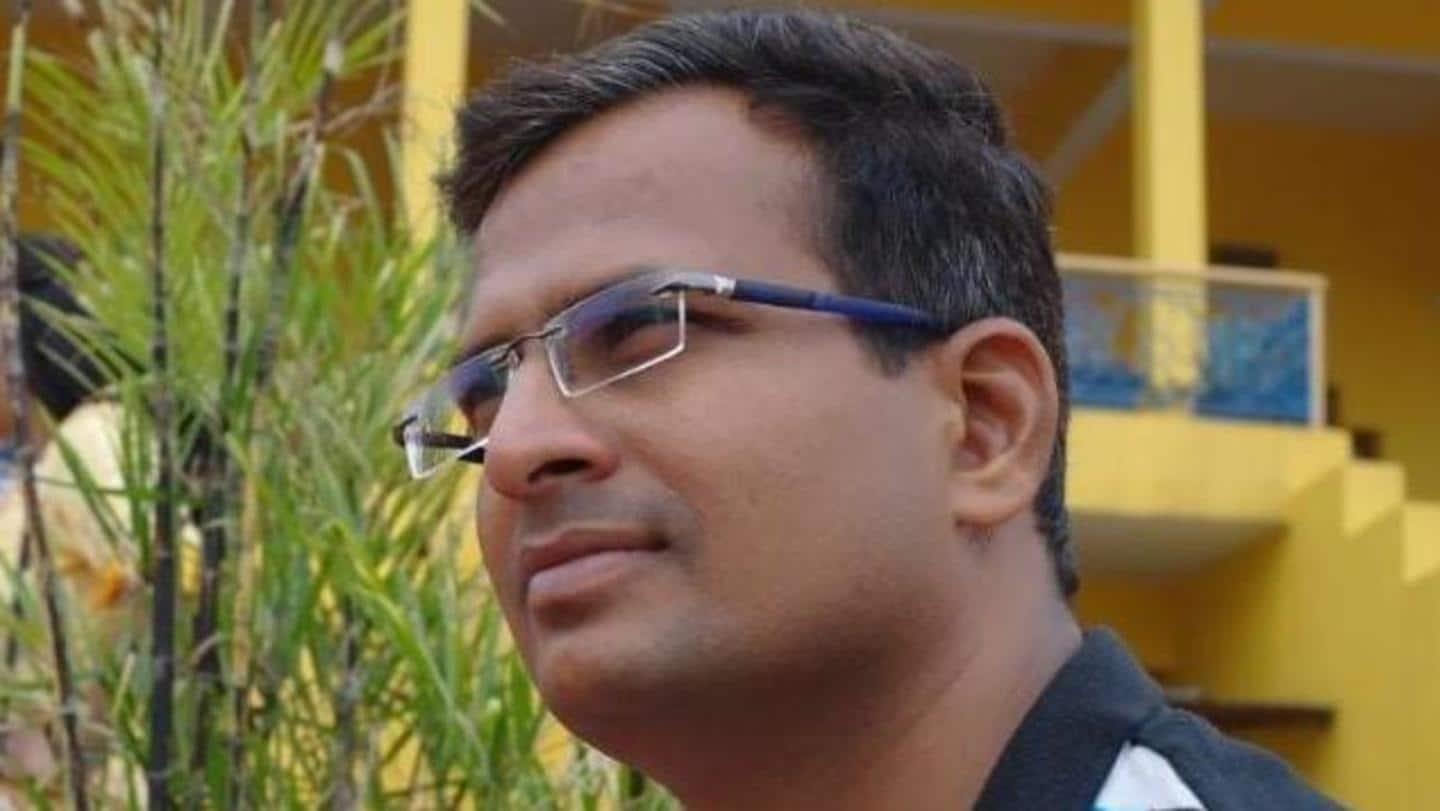
Rao wanted to pursue an MBA earlier on, but family troubles deferred his academic pursuits. Even before enrolling for the MBA, he had begun to consider going the entrepreneurship route. His time at IIM spent with the Centre for Innovation Incubation and Entrepreneurship (CIIE) helped him understand the intricacies of starting up.
A year after graduating, Rao secured CIIE's monthly stipend for entrepreneurs.
First venture His first venture simplified government scheme documentation for target audiences
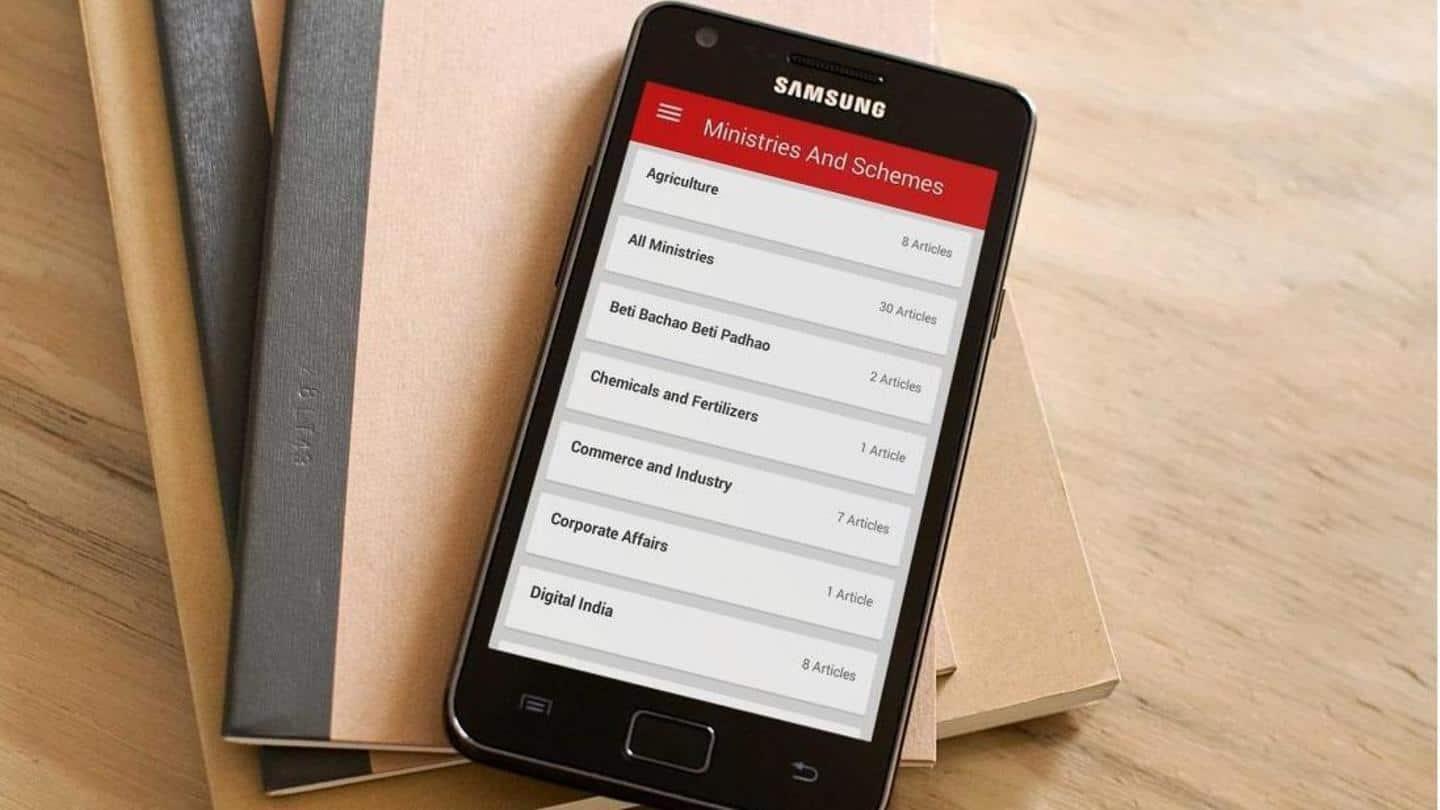
In 2015, Rao founded The Indian Iris. The business aggregated and simplified the plethora of government schemes that were being generated by over 4,000 different entities. Moreover, the schemes were for different target segments who didn't fully understand the benefits and eligibility criteria.
The Indian Iris simplified documentation to address all the fundamental questions target audiences would have about the scheme.
Unsustainable Benefits from the government took too long to come through
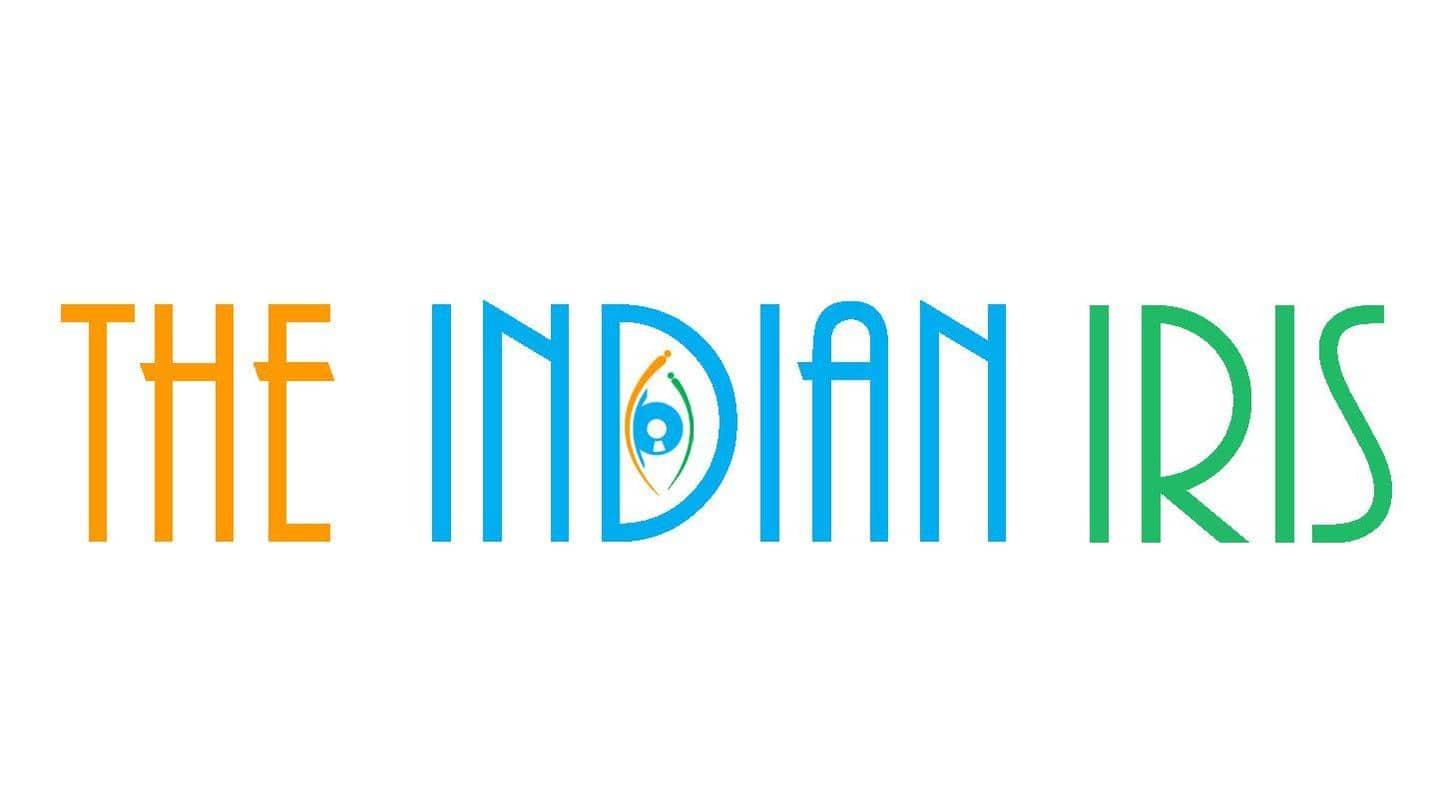
Rao says that the idea was to monetize The Indian Iris. He explains that although a few deals did materialize successfully, the process for getting benefits from the Indian government was so long that it became unsustainable. He adds that there were systemic problems that called for bureaucratic action, which The Indian Iris was not willing to invest time and effort into.
Switching lines Rao envisioned steady revenue in schemes promoting solar power
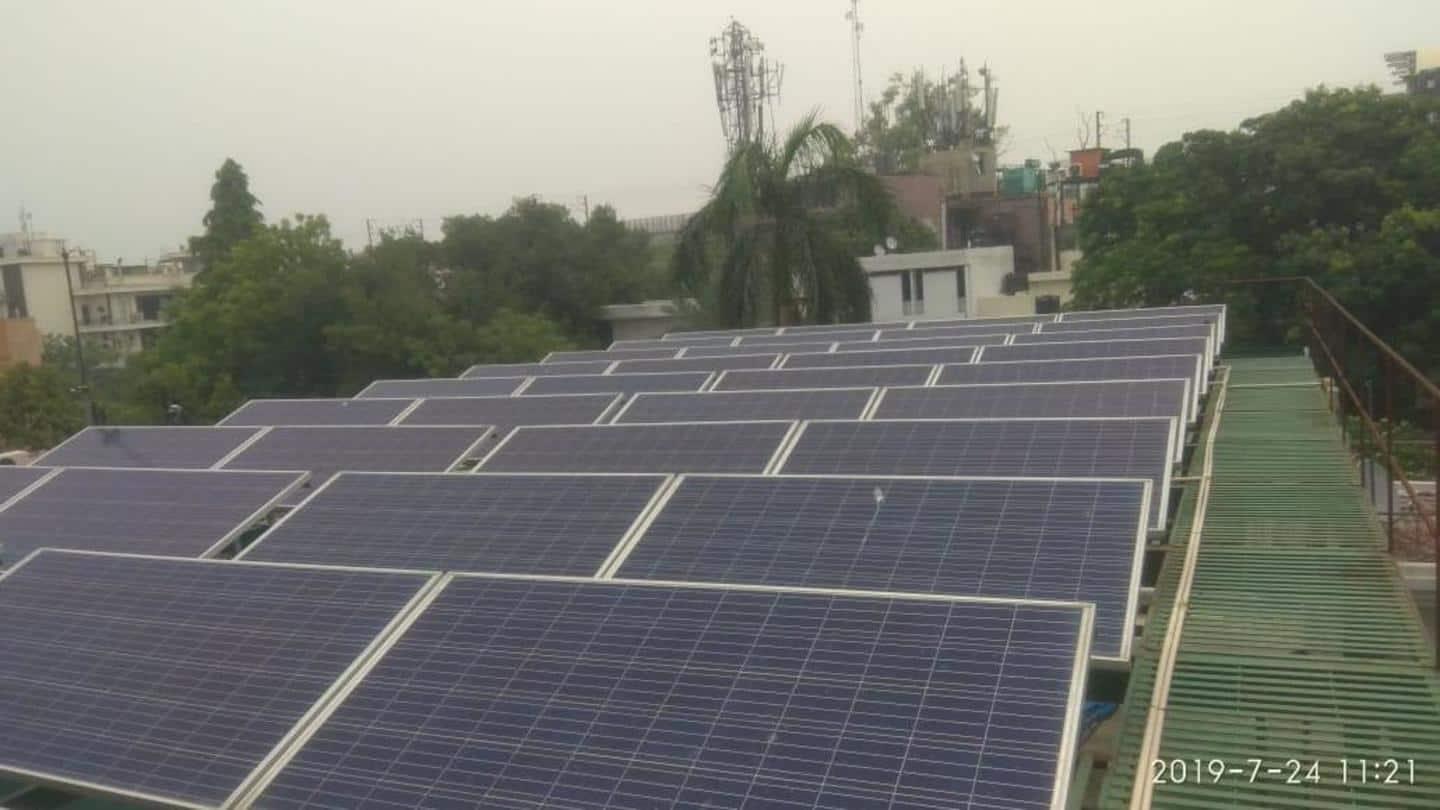
Of the various government schemes, Rao identified a set of favorable policies geared to promote adoption of solar power. He also envisioned a sustainable revenue stream in the industry and decided to switch lines. At the time, the Indian government was empanelling companies and offering subsidies. The Indian Iris partnered with these empanelled companies, promoted solar power schemes, and brought them new clients.
End-to-end quality In 2019, Prakritik Power started executing solar power projects itself

Gradually, Rao learnt the intricacies of executing solar power contracts and transitioned to Prakritik Power. In 2019, Prakritik Power became a solar power engineering, procurement, and construction (EPC) company. This enabled Rao to deliver end-to-end quality in the power projects.
The company started out as a B2C and Business to Government (B2G) enterprise. It recently shifted focus toward business clients.
Commercial clients Prakritik Power now focuses on solar farms for commercial clients
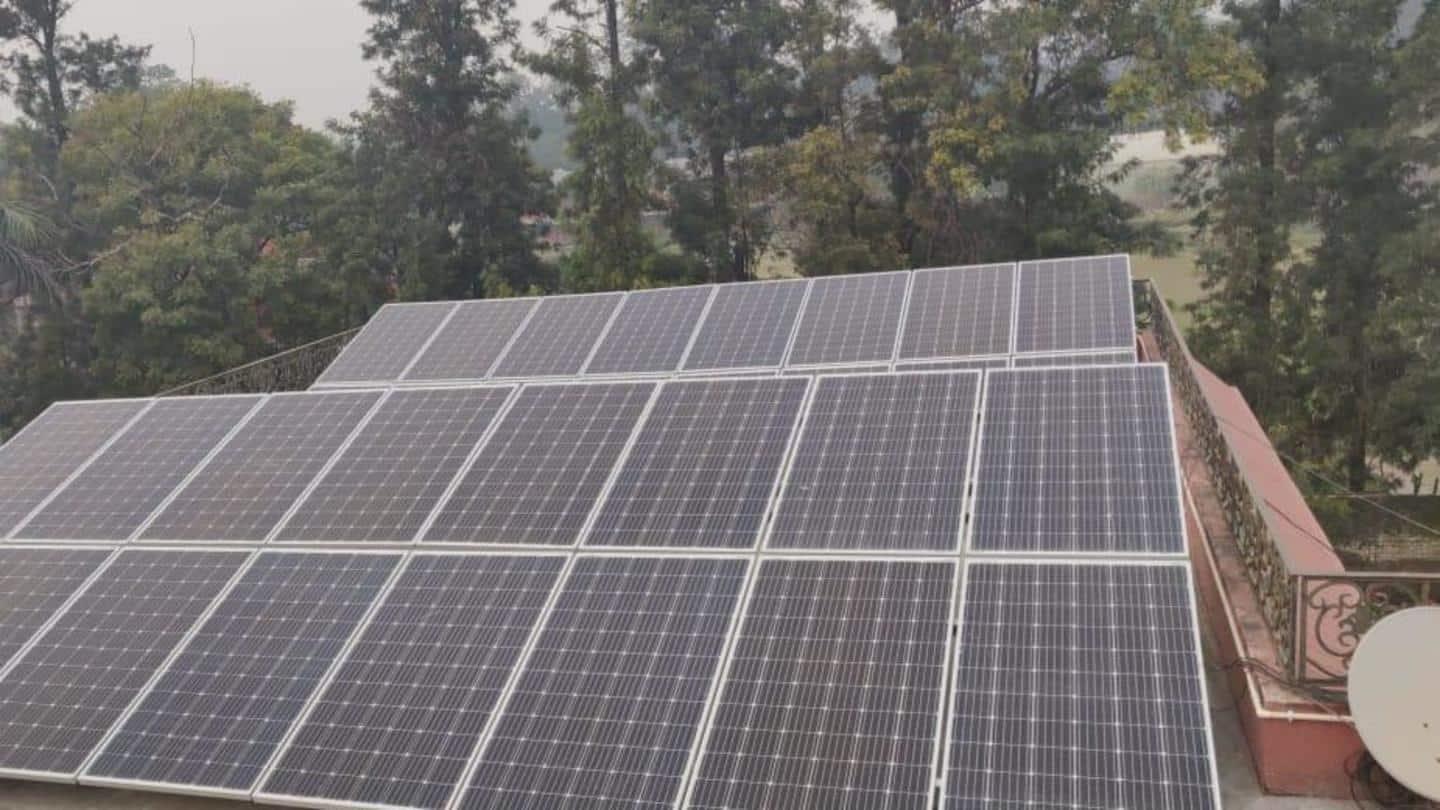
Rao explains that today, government subsidies can only be availed for domestic rooftop projects. He says that these projects also call for extensive liasoning with state power departments, which is why Prakritik Power now focuses on ground-mounted solar power parks for larger customers.
He explains that commercial solar power is usually generated many hundred kilometers away from where it is used.
Workflow Generated power is transmitted to clients through state-run discoms
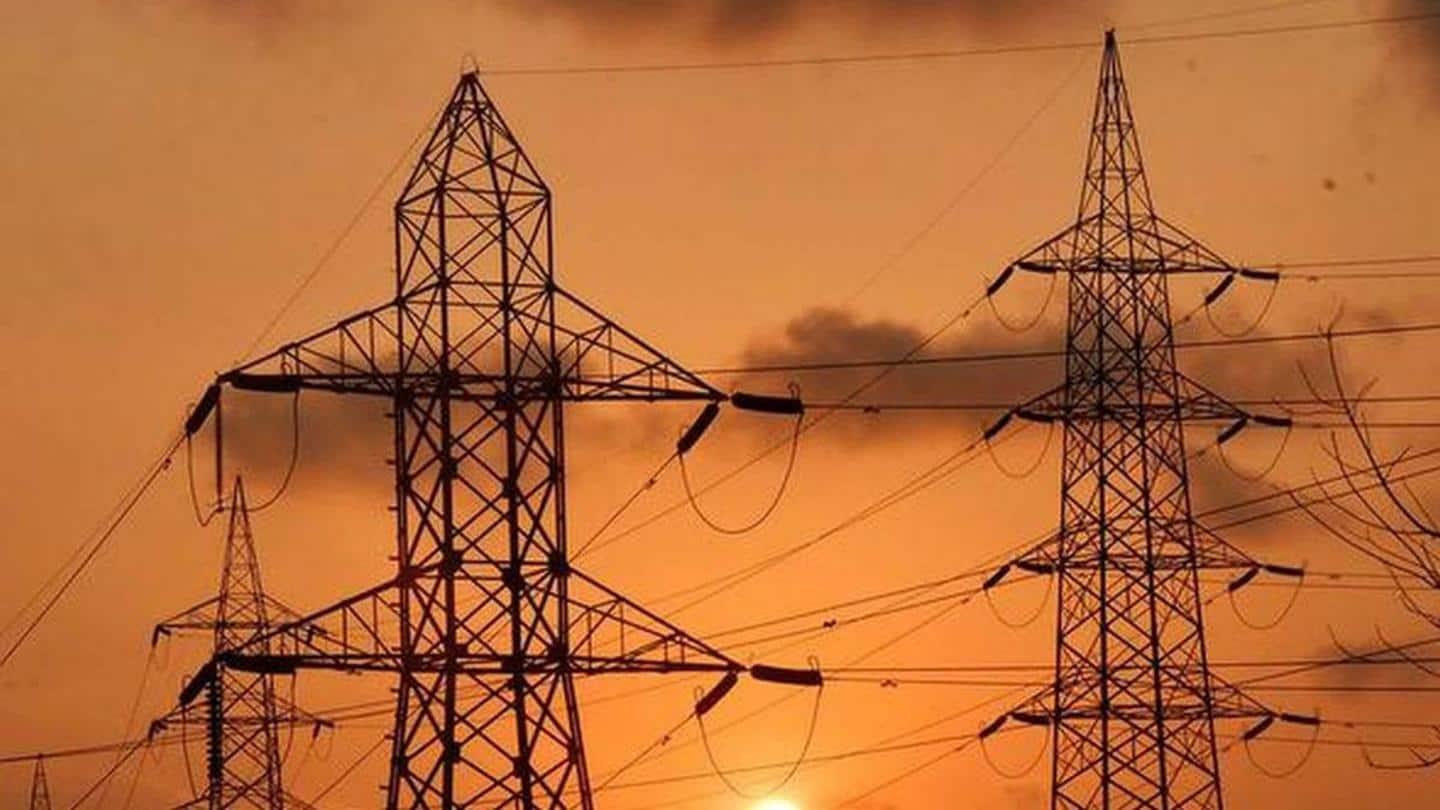
After a customer's doubts regarding generation and metering have been clarified, a contract is agreed upon and Prakritik Power acquires arid or uncultivable land on behalf of its client. Once functional, the power generated by the solar field is transmitted to the nearest government electricity discom where power generation is metered.
The discom charges a transmission fee and supplies the power to the client.
Do you know? Discom deducts units of solar power generated from total consumption Rao explains that in subsequent months, the discom deducts units of solar power generated from the client's total consumption billing. He claims that clients can break even on their solar power investment in four years even without any government subsidies. Built to last The objective is to maximize power generation, ROI for clients
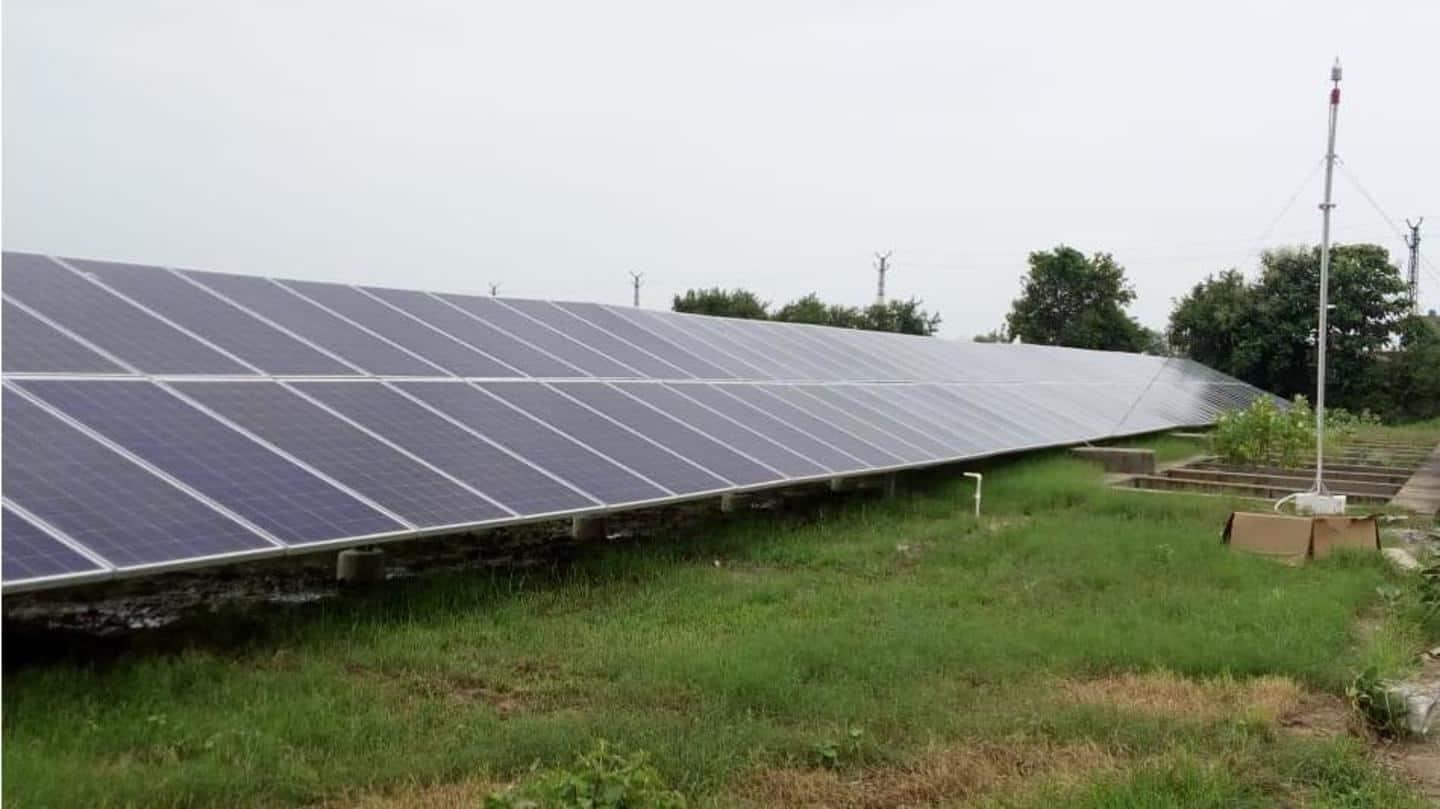
Prakritik Power installations are built to last for at least 25 years. Rao says, the company ensures that power generation as well as return on investment are maximized for clients. He remarks that while maintenance and aftersales would be a challenge for companies such as Prakritik Power, competition is heating up among local players which operate in the domestic installations market.
Side hustle Rao guides and mentors entrepreneurs in his individual capacity

Besides running Prakritik Power, Rao mentors and advises other start-ups in his individual capacity. Rao is mentoring a company called Tiryanch Biotech plan strategy, marketing, fundraising, and hiring in the area of organic farming.
He is also assisting an IIM Ahmedabad colleague Saurabh K Pandey to set up an institution called Imperial School of Agri Business.
Unrelenting ambition Rao has also authored four books, featured in leading publications
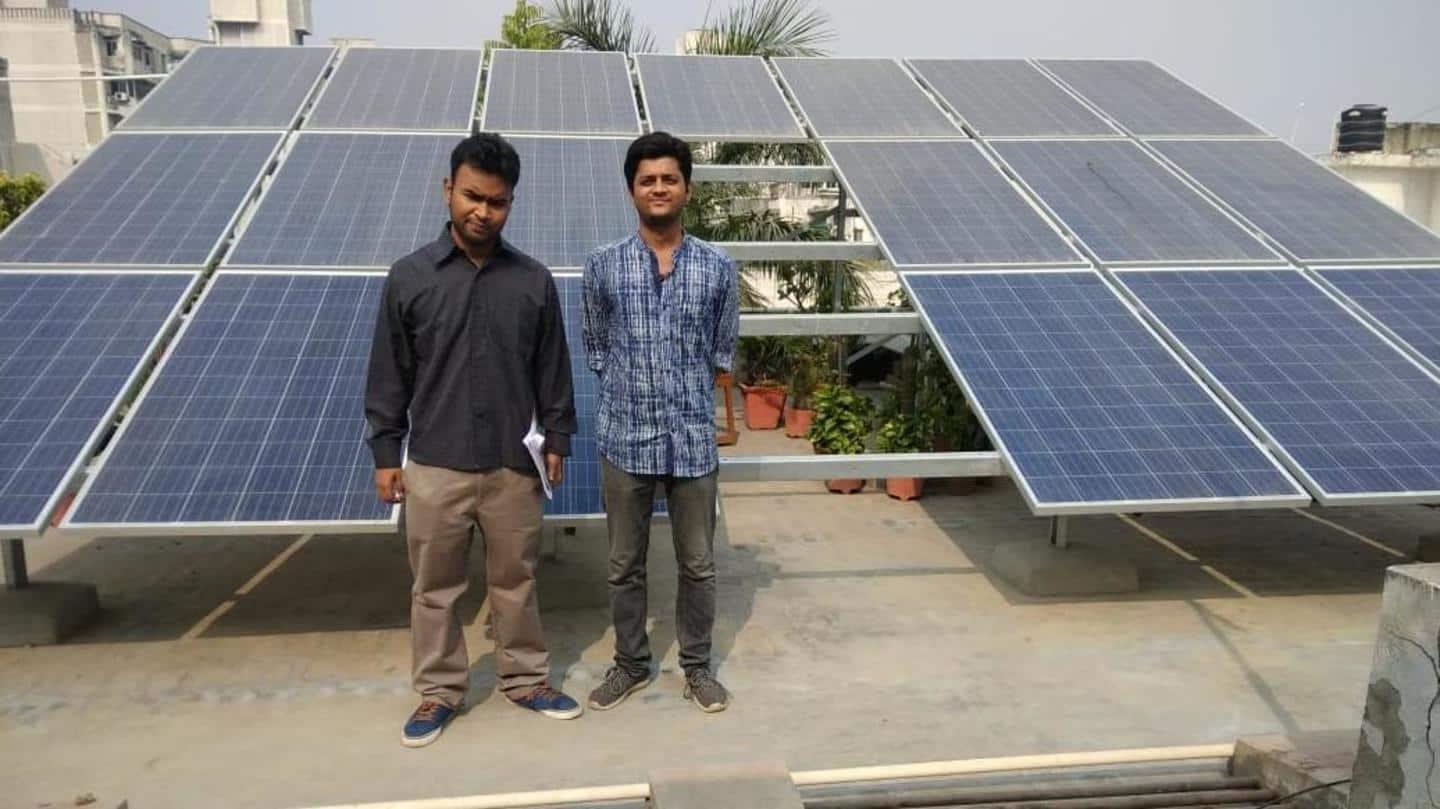
Rao emphasizes that he would like to see conventional chemical-intensive agriculture phased out in favor of organic farming practices. Besides his professional pursuits, Rao has authored four books and regularly delivers motivational seminars. His articles also feature in leading newspapers and magazines.
He says that entrepreneurship is a journey which throws new challenges each day.
Founder's two cents His advice to upcoming entrepreneurs

Advising upcoming entrepreneurs, he maintains that unwavering support from friends and family is an essential component in an entrepreneur's journey. More often than not, things do not go as planned and success rarely comes immediately, he admits. Rao says that unless one has the stamina to juggle multiple responsibilities for at least three to five years, one shouldn't pursue entrepreneurship.
Future roadmap Rao explains his plans for Prakritik Power moving forward

Talking about plans for Prakritik Power going ahead, Rao says that this year the company will focus on ground-mounted solar power parks for captive B2B users. In the near future, the company could explore global partnerships for projects overseas. Rao also expresses interest in bidding for government tenders and working with public sector enterprises leading the shift to solar power.
MENAFN17042021000165011035ID1101933482
Legal Disclaimer:
MENAFN provides the information “as is” without warranty of any kind. We do not accept any responsibility or liability for the accuracy, content, images, videos, licenses, completeness, legality, or reliability of the information contained in this article. If you have any complaints or copyright issues related to this article, kindly contact the provider above.